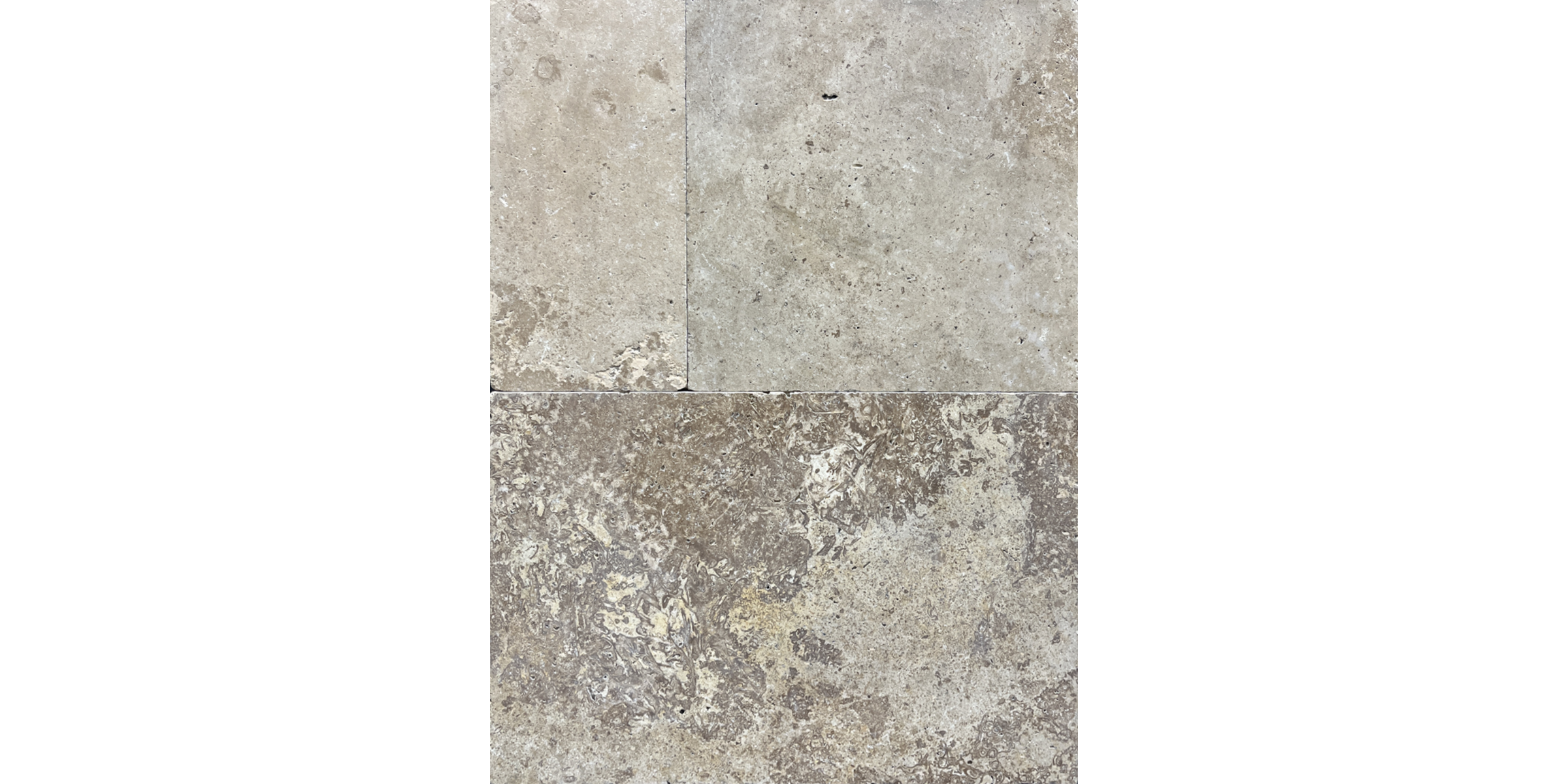When investing in outdoor hardscaping, longevity is one of the most important factors to consider. Whether you’re building a patio, walkway, or driveway, you want to know that your materials will stand the test of time. Stone pavers are a popular choice for their beauty, durability, and timeless appeal—but how long do they really last?
The Average Lifespan of Pavers
Stone pavers can last 50 to 100 years or more when properly installed and maintained. In fact, some natural stone pavers—like granite, slate, or limestone—can even outlive the structures around them. That’s one of the reasons they’re often found in centuries-old European courtyards and streets.
Factors That Affect Their Longevity
While stone pavers are inherently durable, several factors influence just how long they’ll last:
1. Type of Stone
Not all stone is created equal. Harder stones like granite and basalt resist wear and tear better than softer stones like sandstone. Here’s a general idea of durability based on material:
-
Granite: Extremely durable; can last 100+ years.
-
Slate: Very strong but can be brittle if not properly installed.
-
Limestone: Long-lasting, though softer and more porous than granite.
-
Sandstone: Beautiful but less durable than other options.
2. Installation Quality
Poor installation can cut the lifespan of stone pavers in half. Proper base preparation, drainage, and joint sealing are key. Always work with a professional or ensure you’re following best practices if you’re going the DIY route.
3. Climate and Weather
Stone naturally resists most weather conditions, but freeze-thaw cycles can cause cracking if the base isn’t well-drained. Areas with harsh winters require particular attention to drainage and sealing.
4. Maintenance
Stone pavers require relatively low maintenance, but occasional cleaning, weed control, and resealing (if applicable) will extend their life. Avoid harsh chemicals that could erode the stone or damage sealants.
5. Traffic and Use
A lightly used garden path may last a century, while a heavily trafficked driveway may show wear more quickly. Choosing a harder stone for high-traffic areas is a smart move.
Signs It’s Time to Replace or Repair
Even the most durable stone pavers can show signs of age. Look out for:
-
Cracking or chipping
-
Uneven surfaces
-
Erosion or shifting
-
Weed overgrowth in joints
In many cases, individual pavers can be replaced without redoing the entire area.
Final Thoughts
Stone pavers are one of the longest-lasting landscaping materials available. With the right stone, professional installation, and regular upkeep, your stone pavers could easily last a lifetime—and beyond. If you’re looking for a combination of elegance and endurance, natural stone is a top-tier choice.

